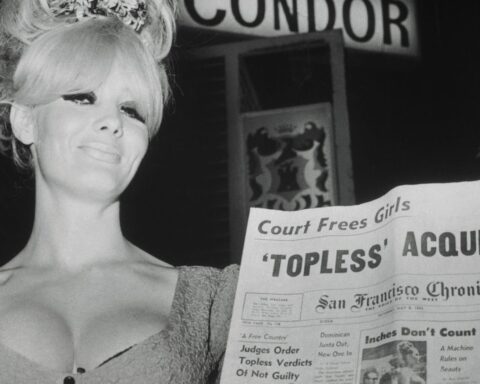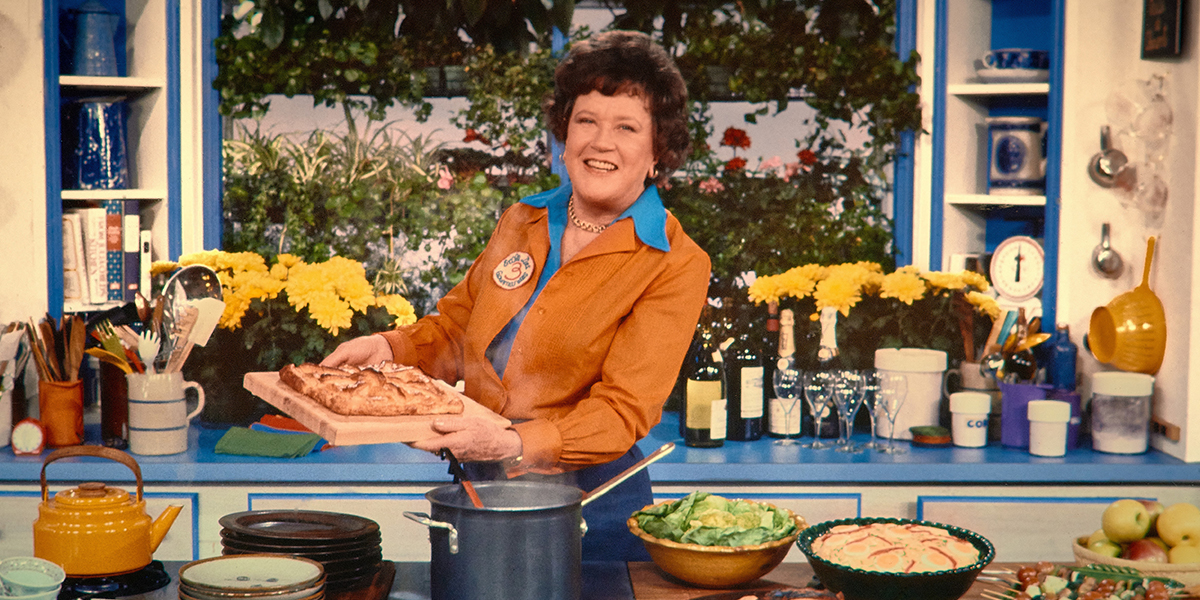Jagged
(USA, 97 min.)
Dir. Alison Klayman
You oughta know that Alanis Morissette changed music with Jagged Little Pill. The 1995 album featured one hit single after another as audiences worldwide were captivated by a woman’s voice unlike any they’d heard before. The album and Morissette’s legacy receive a fine appreciation in Jagged, Alison Klayman’s rockumentary that unpacks the raw power that makes Jagged Little Pill reverberate through speakers and headphones twenty-five years after its release.
Morissette, now in her late 40s, reflects upon her album and early career with refreshing candour. She’s now the same age as the moms whose jaws dropped to the floor when they heard the fiery and defiant lyrics of Jagged Little Pill. Twenty-five years provides a lot of insight about work one made at the age of twenty-one, though. The rock angst of Jagged Little Pill is especially significant with the chapter of Morissette’s career that preceded it. Morissette recounts her youth in Ottawa, the Boring Capital of Canada, and speaks of growing up in a loving family that nurtured her interest in music. It’s actually quite refreshing to hear the artist speak of humble, perfectly average origins: it’s proof that anyone can inspire audiences and change one’s field with the right drive and dedication.
Reminiscences of her early days don’t yield many new nuggets for those of us who followed her from the beginning—my sister played “Too Hot” endlessly and my fifth grade teach was Morissette’s aunt and had an autographed poster of the rocker on her classroom wall, which was the closest I got to a celebrity while growing up in Nepean. (She actually went on the India trip with Alanis that inspired “Thank You India” that year. We made bookmarks and friendship bracelets for the kids.) However, Canadian fans of Morissette will doubtlessly savour the story of a hometown girl making it as big as one can possibly get in rock ‘n’roll.
It’s also a novelty to see a major American documentary share the slimy silliness of You Can’t Do that on Television. (The Canadian game show that poured slime on young contestants.) Meanhwile, the teeny bopper beats of Morissette’s early work provide a great contrast to the album that followed. Morissette doesn’t speak ill of the fun and upbeat music she made as a teenager, but instead reflects upon being boxed-in as an artist, and then blindsided when her label dropped her. That move, however, gave her freedom.
Cue some airtime at KROQ-FM in Los Angeles a few years later and the rest is history. That pivotal play of “You Oughta Know” on the influential rock station catapulted Morissette to a level of superstardom that kids from the Ottawa ’burbs could only dream. Klayman assembles a chorus of interviewees—disc jockeys, music critics, childhood friends, and rockers like Shirley Manson of Garbage—to unpack the raw power of Jagged Little Pill that dominated the airwaves in 1995. Jagged smartly selects only a few songs from the album to explore with each sequence illustrating Morissette’s artistry and influence.
For example, Klayman introduces the phenomenon of Jagged Little Pill with an engaging consideration of the shock and awe that invigorated audiences when they first heard “You Oughta Know.” The word that arises most often in these discussions and in snippets of early reviews of Jagged Little Pill is “angry,” and Jagged considers what it meant for the world to confront such eloquently articulated female rage. The adrenaline rush provided by Morissette’s pumped-up lyrics and banger tempo rewrote conventions of male-dominated rock with a coded tell-all of how badly men treat women. Morissette muses that numerous men think the song is about them, but she doesn’t spill the tea for Klayman, unfortunately, so the rocker’s former flames will have to keep guessing. But the doc also unpacks the power of a single lyric, “Does she go down on you in a theatre?”, which shattered the image of the old Alanis and introduced the rocker anew. Jagged gives Morissette’s music credit for defiantly taking ownership of sexuality while voicing the betrayal that comes when one is jilted after performing such intimate acts.
Klayman keeps the tone almost unreservedly celebratory. Topics such as sexual harassment, eating disorders, and substance abuse are touched upon, but not unpacked in the same manner as a single line of a song. What Jagged does extremely well, however, is situate music in the context of its production and unpack the album’s power song by song, line by line, and note by note. Sequences like the conversation over “Hand in My Pocket” underscore how easy to sing and memorable some of Jagged Little Pill’s songs could be. When the doc looks to “Ironic,” the critics really deconstruct the poetry of Morissette’s lyrics with their vivid imagery, such as “It’s like ten thousand spoons when all you need is a knife,” or the skill for storytelling that made her music accessible to audiences regardless of their gender, age, or background.
Morissette provides engaging interviews, although one can sense she’s holding back. There aren’t revelatory moments in her fun and animated answers addressed directly to the camera. Admittedly, Klayman was spoiled on her previous doc while observing Steve Bannon, and while Morissette doesn’t offer as many peculiarities as the kombucha-swilling dark prince of populism/hack filmmaker who was the subject of The Brink, one appreciates the platform going to someone like Alanis. Her legacy leaves only good vibes.
Life has a funny way of sneaking up on you, though, and Klayman bypasses Morissette’s later work to keep the focus on Jagged Little Pill. The doc brings it home to Morissette’s family life as she readies a new album while caring for her two young kids. She rocks the mom role well and brings the kids into the recording sessions. One sees not a softening, but a maturation as she continues to own her platform in a way that is uniquely and defiantly her own.














